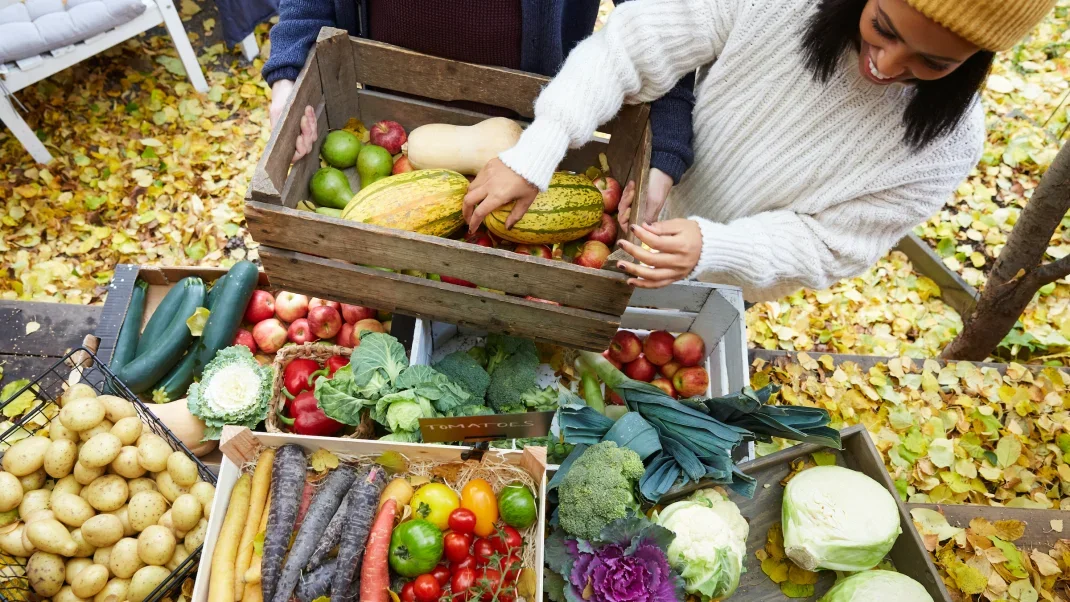Should Vegan Runners Take Vitamin B12?

(Photo: Getty Images)
Have a question for Kylee? Send your trail-running-nutrition quandaries to kylee@flynutrition.org.
Do I really need a B12 Supplement on a Vegan Diet?
As with any diet, even a well-rounded vegan diet, you may have a hard time getting in the proper amounts of vitamins and minerals in your diet. Vitamin B12 can be a challenge to get enough of. If you are 50 years old or older or have digestive issues, B12 may be even harder to get enough of.
Why is it so important?
B12 is an important vitamin for everyone but particularly athletes due to its role in the formation of oxygen-carrying red blood cells. Lack of B12 can lead to a condition called pernicious anemia, meaning that your body is producing large, immature red blood cells that don’t function properly. Without the proper amount of functioning red blood cells, your tissues can not receive all the oxygen that they need.
How do I know if I’m deficient?
Symptoms of a B12 deficiency include dizziness, numbness in extremities, fatigue, muscle weakness, mood changes and shortness of breath. (If you think you may be deficient, talk with your doctor.)
Where can you get it?
Foods like nori, mushrooms, and organic produce are touted to provide adequate amounts of B12. But, the B12 found in these foods isn’t active in humans. The only way to really get in biologically active B12 in a vegan diet is through fortified foods like plant milks, cereals, and nutritional yeast and through supplementation.
For those that are non-vegan, rich sources of active B12 include clams, red meat, fish, eggs, and dairy products.
Can you get too much?
Not really. The daily recommendation for B12 ingestion is 2.4 mcg/day for men and women. To give perspective, one 3 oz serving of salmon has about 4.9 mcg of B12, 6oz of Greek yogurt has 1.3mcg, and one egg has 0.6 mcg. Absorption wise, B12 is best absorbed in smaller more frequent doses throughout the day, so spreading out fortified foods can be beneficial.
There is no Upper Tolerable Limit, or “too much” established for B12 supplementation, and because B12 is water-soluble, you’ll just pee out the extras. As always, when using supplements, trying to choose brands that do extra third party testing like USP, GMP, and Certified for Sport, are generally a bit more reputable than others.
Kylee Van Horn is a licensed Sports Registered Dietitian and competitive trail runner.